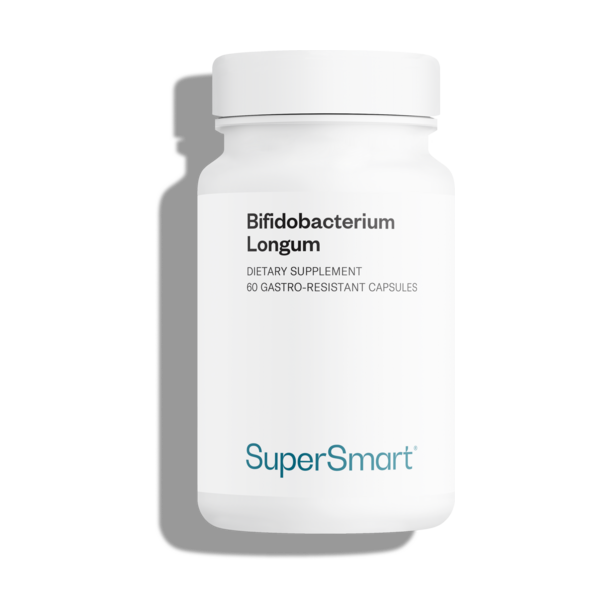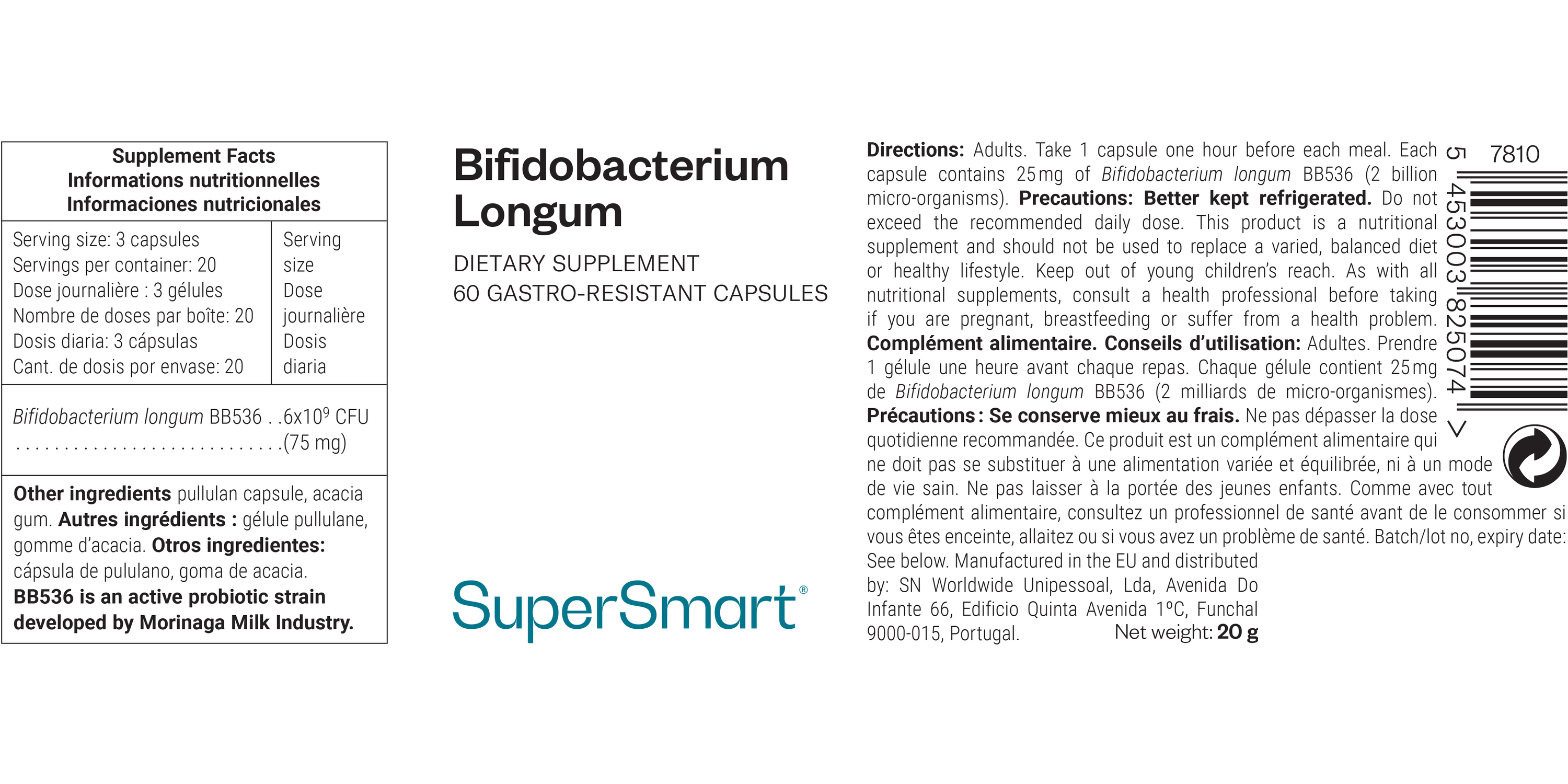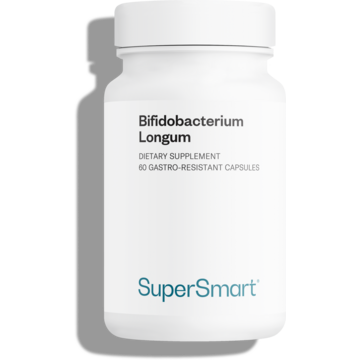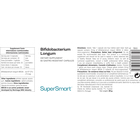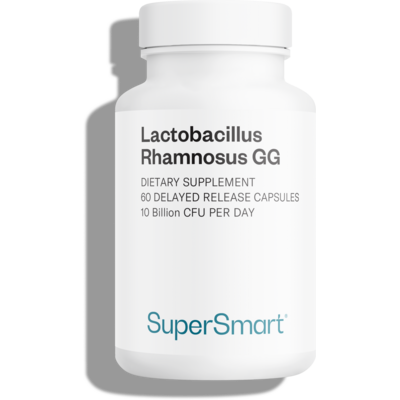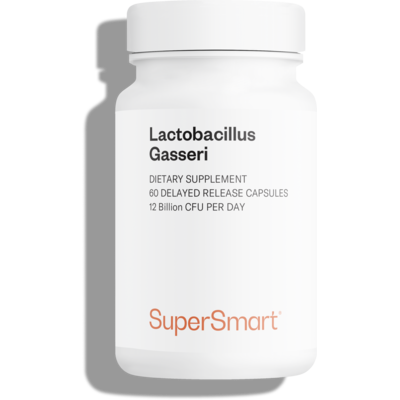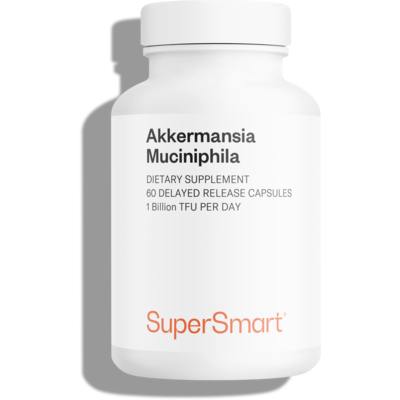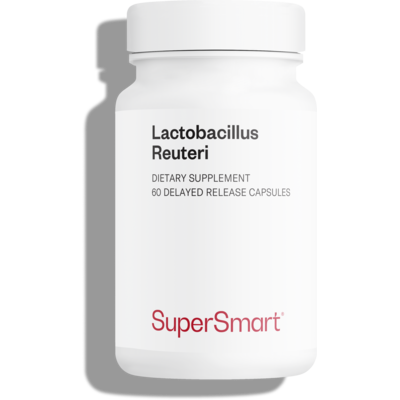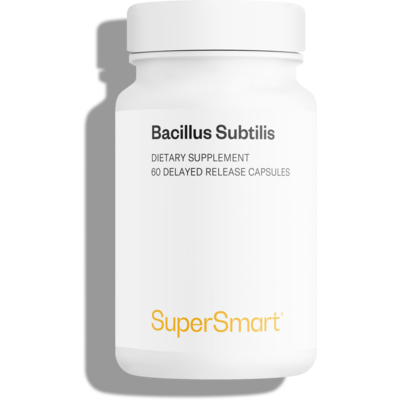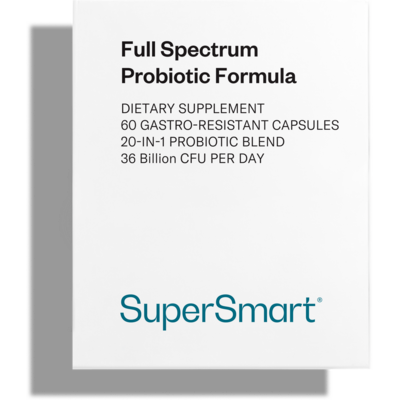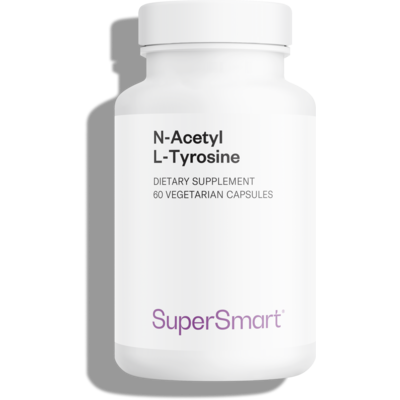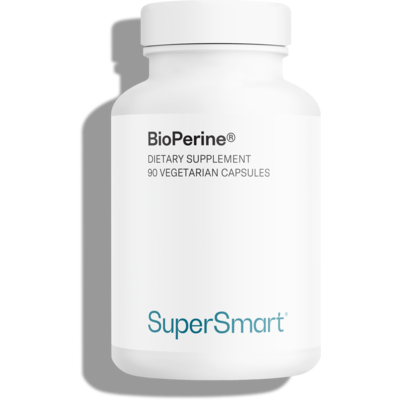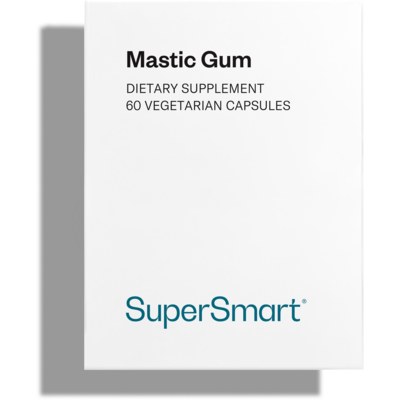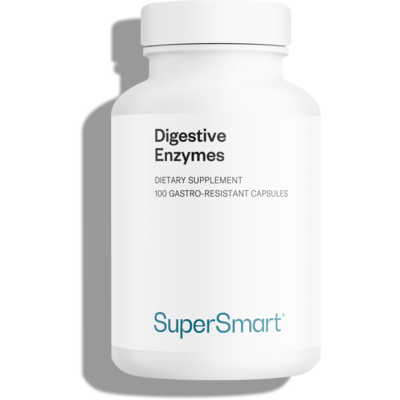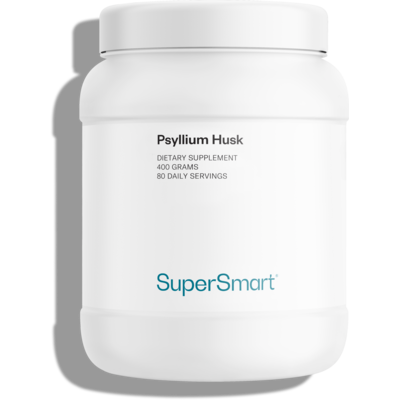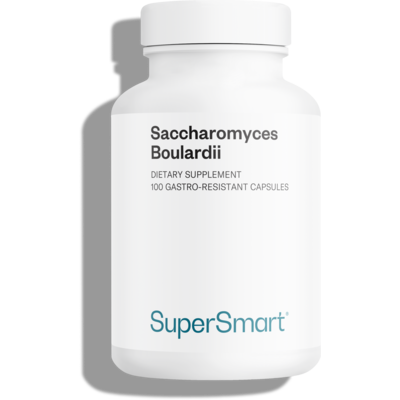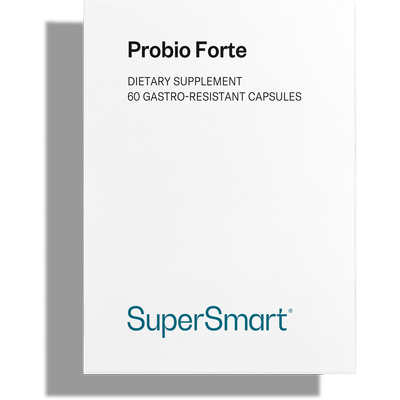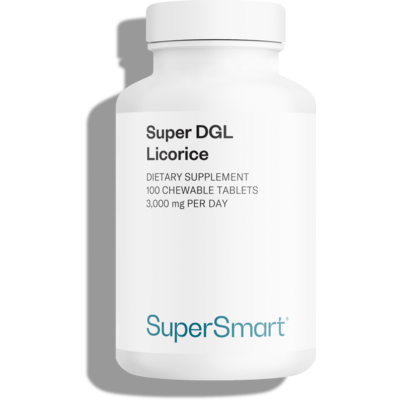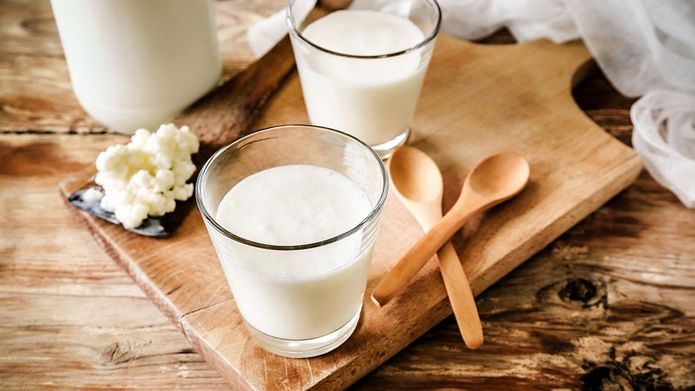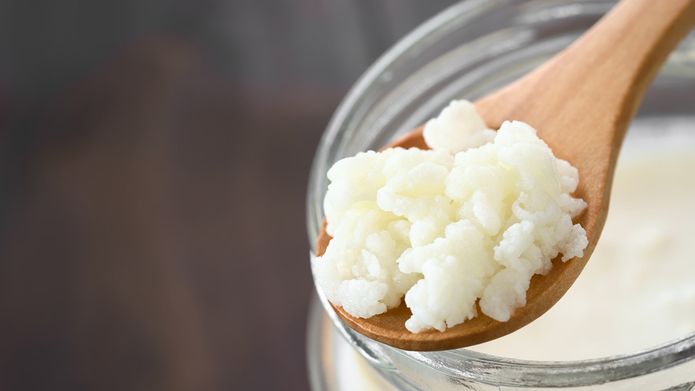
Bifidobacterium Longum
Bifidobacterium Longum BB536 Probiotic Supplement to Support Gut Microbiota *
Create Your Offer
Our Bifidobacterium longum supplement features a well-documented probiotic strain and is formulated in gastro-resistant capsules, which may help support a balanced gut microbiota.* This delivery format is designed to assist beneficial bacteria in reaching the intestines intact.*
What is Bifidobacterium Longum?
Bifidobacterium longum is among the first probiotic strains to be naturally present in the human body and was initially identified in 1899, likely from a healthy, breastfed infant.*
Over time, it appears to have been identified as part of a unique bacterial genus, potentially associated with the production of lactic and acetic acids — compounds that may help maintain a balanced digestive environment.*
The BB536 strain – first isolated in 1977 – appears to be one of the most studied strains in the context of dietary supplements designed to support microbiota balance.* Research has looked into its potential role in promoting digestive well-being and helping maintain natural immune function as part of a healthy lifestyle.*
Exploring the Potential of Bifidobacterium Longum*
Intestinal microflora includes a wide variety of microbial species that interact in a dynamic balance.* This balance may be influenced by factors such as age, stress, dietary habits, and certain medications.* Probiotics like Bifidobacterium longum BB536 are being explored for their potential to support a more favorable environment in the digestive tract.* Some studies suggest that this strain may:*
- May help support balanced gut flora, particularly as microbiota diversity naturally shifts with age.*
- Could contribute to a more favorable intestinal environment by gently influencing microbial activity.*
- Might play a role in maintaining natural immune defenses through support of immunoglobulin activity.*
- May help encourage a balanced digestive environment via the natural production of compounds like acetic acid.*
- Could help maintain digestive comfort, especially during or after periods that affect microbial balance.*
- Might assist with regular digestive rhythm by supporting a healthy internal environment.*
- Appears to have been studied for its potential to maintain normal immune responses in older adults.*
- May help support microbial stability during seasonal or lifestyle-related changes.*
- Could assist overall well-being by supporting healthy nutrient utilization, such as calcium absorption.*
Each capsule delivers nearly 2 billion viable organisms.* The suggested use is 3 capsules per day, or as directed by a healthcare practitioner, providing an approximate total of 6 billion microorganisms.*
For broader microbiome support, this formula may be paired with a gentle prebiotic source like Fructo-Oligosaccharides, which may help create an environment that supports probiotic activity.*
Store in a cool, dry place. Refrigeration is recommended to maintain potency over time.
WARNINGS
Do not exceed the recommended daily dose. This product is a nutritional supplement and should not be used as a substitute for a varied and balanced diet or a healthy lifestyle.
STORAGE
Store in a cool, dry place away from direct sunlight, heat, and humidity. Keep out of reach of children.
PREGNANCY AND MEDICAL CONDITIONS
If you are pregnant, breastfeeding, or have any medical conditions, consult your healthcare provider before using this product.
SUPPLEMENT INTERACTIONS
Consult your healthcare provider before use, especially if you are taking any medications or other supplements as there may be potential interactions.
march 23 2023
good for all
december 9 2021
It was recommended by my doctor.
december 9 2020
My psychiatrist recommended bifidobaterium longum and lactobacillus acidophilus, each 1 billion CFU to help with my depression. It seems to be helping.
august 6 2020
This probiotic in conjunction with another brobiotic improves the efficacy of my depression meds. This was recommended by my psychiatrist
Need Help?
Phone Number
+1 (786) 522-3907
From 9 am to 6 pm (EST)
Email Address
You May Also Like

